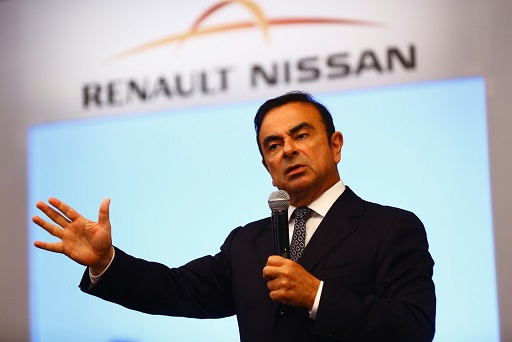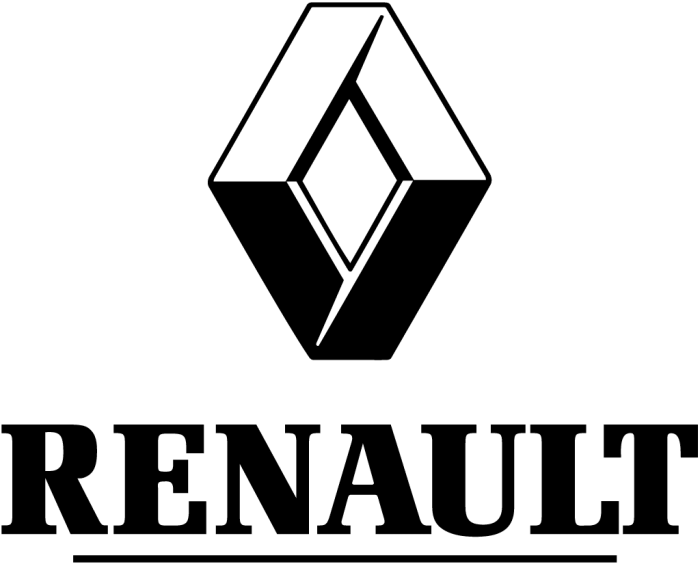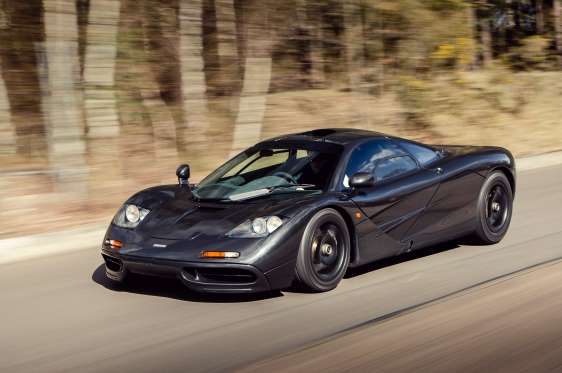Now Reading: Renault’s Carlos Ghosn sees pay row with government in election year
-
01
Renault’s Carlos Ghosn sees pay row with government in election year
Renault’s Carlos Ghosn sees pay row with government in election year

Renault Chief Executive Carlos Ghosn anticipates the French federal government to oppose his pay package in 2017, he informed Reuters in an interview, setting the stage for another investor conference clash – this time in an election year.
“I do not believe there’s any possibility that they will approve” Renault’s pay proposals, Ghosn stated of the most likely government position. The economy and finance ministry refused to comment.
Ghosn however intends to prevent a repeat of the last annual conference outcome in April, when financiers with 54 percent of voting rights opposed his 7.2 million euro ($7.6 million) pay. “Our goal is to have a majority vote,” he stated.
The French state owns 19.7 percent of Renault. Under a complicated deal struck in 2015, its ballot rights on regular questions including compensation are topped between 17.9 percent and 20 percent, depending on meeting participation.
Executive pay is drawing in harder shareholder scrutiny at business from HSBC to BP and has become a hot political problem in France, where campaigning is well in progress for presidential and legislative elections upcoming next April-June.
The French parliament recently passed a law giving investors a binding vote on CEO pay structures, beginning next year, and on actual payouts from 2018. Previously, French “say on pay” votes happened to lack legal force.
After the April 29 investor vote, Renault’s board reconvened quickly and selected to maintain Ghosn’s 2015 package, while vowing a review of future pay policy.
The immediacy of its reaction intensified French criticism of Ghosn, who draws a second income as CEO of alliance partner Nissan, 44.5 percent-owned by the French automaker.
His 15.6 million euros in combined Renault-Nissan pay in 2015 totaled up to the third-biggest haul amongst CEOs of France’s blue-chip CAC 40 index, as per advisory company Proxinvest, which counsels funds on ways to vote their shares.
The firm wishes to set a “socially acceptable maximum” for executive pay at 240 times the French minimum wage, or 4.8 million euros at present rates.
Stay Informed With the Latest & Most Important News
Previous Post
Next Post
-
 01Polestar Boss Says It’s Time To Outrun BMW M And Mercedes-AMG
01Polestar Boss Says It’s Time To Outrun BMW M And Mercedes-AMG -
 02Spy Shots: 2027 Mitsubishi Pajero Spotted in Testing Ahead of Possible U.S. Return
02Spy Shots: 2027 Mitsubishi Pajero Spotted in Testing Ahead of Possible U.S. Return -
 032026 Toyota Hilux EV: A Powerful Truck with Silent Torque
032026 Toyota Hilux EV: A Powerful Truck with Silent Torque -
![2027 Mercedes-Benz S-Class Debuts with V8 Engine [Photo Gallery]](https://speedlux.com/wp-content/uploads/2026/01/2027-Mercedes-Benz-S-Class-33-155x125.jpg) 042027 Mercedes-Benz S-Class Debuts with V8 Engine [Photo Gallery]
042027 Mercedes-Benz S-Class Debuts with V8 Engine [Photo Gallery] -
 052026 Corvette ZR1 Production Surges Past Expectations as Output Clears 1,000 Units
052026 Corvette ZR1 Production Surges Past Expectations as Output Clears 1,000 Units -
 06Spy Photos: VW ID. Polo GTI Goes Electric with 223 HP and 280 Miles of Range
06Spy Photos: VW ID. Polo GTI Goes Electric with 223 HP and 280 Miles of Range -
 07Hyundai Palisade’s Breakout Year Shows How Quickly the Market Can Turn
07Hyundai Palisade’s Breakout Year Shows How Quickly the Market Can Turn



![2027 Mercedes-Benz S-Class Debuts with V8 Engine [Photo Gallery]](https://speedlux.com/wp-content/uploads/2026/01/2027-Mercedes-Benz-S-Class-33-700x394.jpg)










































